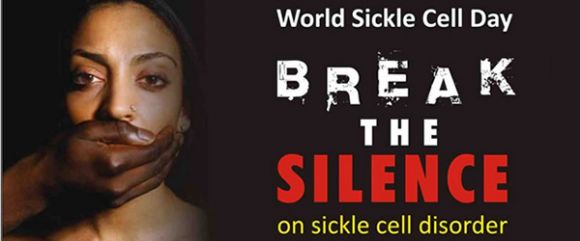
Genetic counseling – have you had it or would you consider it?
Welcome to the latest in our series of blogs which look at different aspects of medicine and healthcare.
Today we are taking a different tack from normal and we are exploring in more detail the experiences of our readers with genetic counseling.
As a bit of background, genetic counseling helps people or families to understand the risks associated with future generations developing inheritable illnesses. It is worth mentioning here that genetic counseling is not the same as counseling therapy which is used for certain pain conditions and mental health conditions such as anxiety and depression.
The objectives of a genetic counselor are quite different. They aim to:-
a) Explore with the client the nature of genetic medical conditions within their family.
b) Give the interviewee an understanding of the risk factors involved.
c) Introduce clients to genetic testing and what it may involve.
d) Act as an advocate for the patient with other healthcare professionals. They can also help link you in with various patient support groups.
e)Provide support if you have a child with an inherited condition.
In the UK they act in a holistic context with other kinds of medical practioners with the aim of giving the client the best possible understanding of their situation and to put them in a position to decide if they should try to have children. Obviously there is no right and wrong answer but genetic counseling helps the client develop a framework to make a sensible decision.
I’m very interested in the areas myself because I’m a father of an autistic child. Recent research seems to have uncovered a clear genetic pattern to ASD. Indeed a number of my family members and my wife’s family members have shown autistic traits. Some have been diagnosed with autism but this only within recent decades. This means that future generations of our families will, almost certainly, go through genetic counseling.
So the purpose of this blog is for me to be forewarned (and forearmed) with what I and my family members can expect.
Obviously it is not just autism that may require genetic counciling. Other conditions include cancers, multiple sclerosis and sickle cell anemia.
So that is why I would love your help with this blog post. It would be great if you could use the comments box below to tell us about your experiences with genetic counselling. In particular we are interested in the following questions:-
- Have you ever been through genetic counseling yourself? Has a friend or family member?
- What was the reason?
- How do you or they feel about the process? Was it conducted in a supportive fashion?
- Should it be compulsory or an individual choice?
- What could be done to improve the process in your view?
- Were counselors supportive and informative after counseling?
These questions are really only a guideline so anything you can share would be really useful. Especially any links.
Thanks very much in advance

